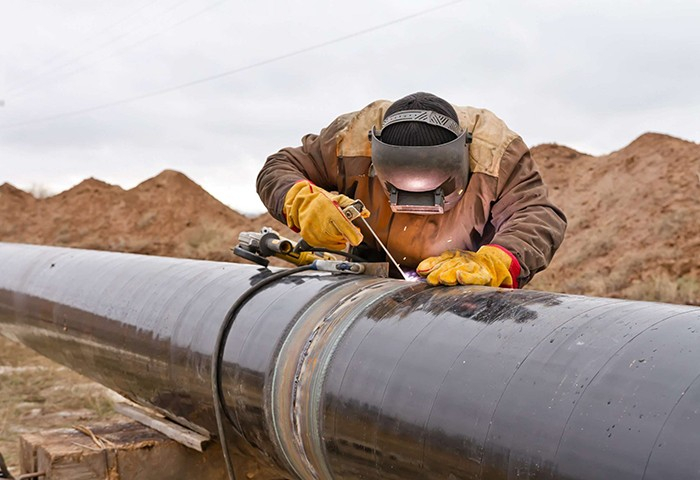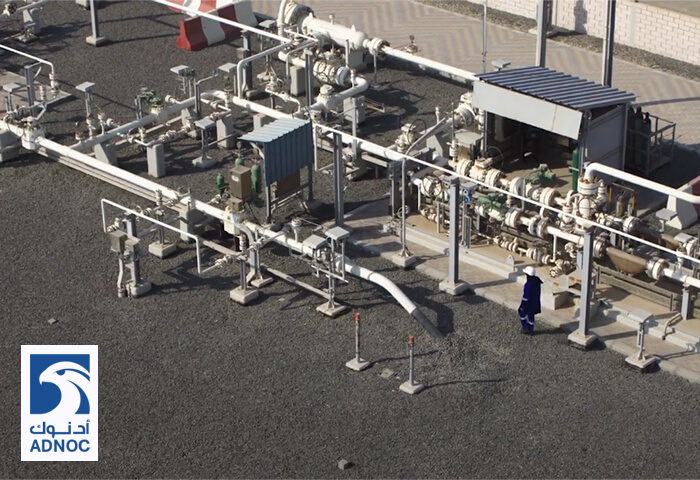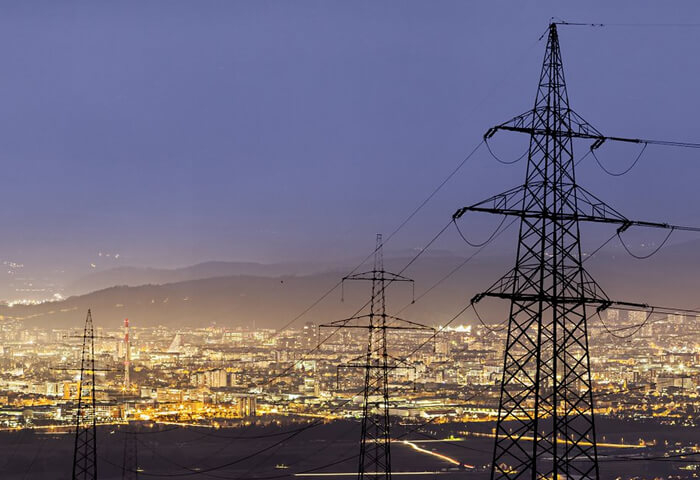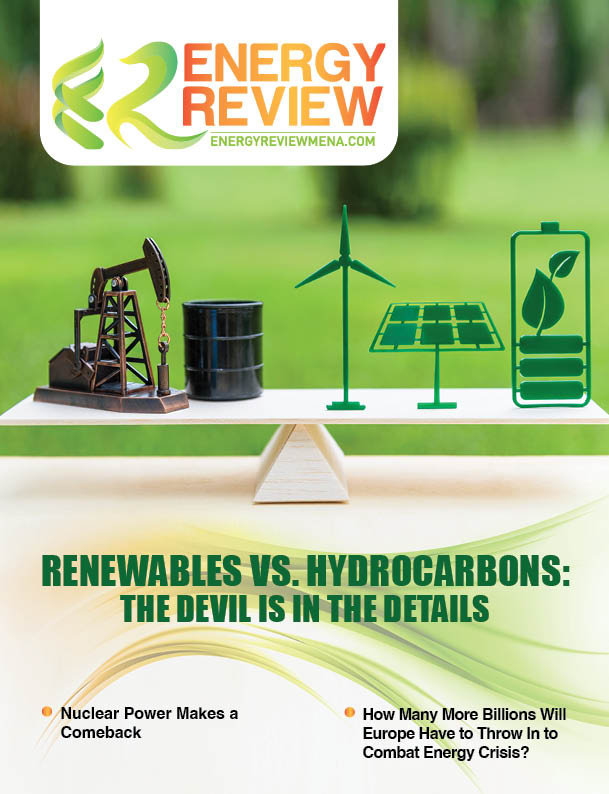At Gaya in southwest Niger, near the border with Benin, the longest oil pipeline in Africa is being built.
With a projected length of nearly 2,000 kilometers (1,240 miles) – including 1,250 km in Niger itself – the pipeline will connect oil wells in the eastern region of Agadem.
Climate campaigners are clamoring for an end to investment in carbon-spewing fossil fuels. But in Niger – the poorest country in the world according to the benchmark of the UN's Human Development Index – this project is seen as an economic lifeline.
The landlocked West African state became an oil producer in 2011. The China National Petroleum Corporation (CNPC), exploiting the reserves, has been sending oil by pipeline to refineries in Zinder, in south-central Niger.
For exports, Niger initially planned to ship crude through the Cameroonian port of Kribi via neighboring Chad. It eventually opted for the "Beninese corridor," terminating on the northern rim of the Gulf of Guinea.
Launched in 2019, the project was supposed to be completed in 2022, but the COVID-19 pandemic slowed it down, according to Nafiou Issaka, deputy general manager of the West African Oil Pipeline Company (WAPCO).
More than 600 km of pipeline has already been laid, and Niger is on track to sell crude on the international market from next July, according to the ministry of petroleum and energy.
'Niger's biggest investment'
Niger has long been a major producer of uranium and ranked 7th globally in 2021 with a total output of 2,248 tonnes, after a year-over-year decline in the past decade, according to the World Nuclear Association. But uranium revenues continue to fall, and the country's leaders are banking on oil to boost the national budget, much of which is devoted to the fight against jihadists in the southeast and the west.
Six billion dollars will be invested in the pipeline.
"It is Niger's biggest investment since independence" from France in 1960, said Kabirou Zakari, who heads the ministry's oil refining division.
According to Zakari, oil production is expected to reach 110,000 barrels per day by 2023, of which 90,000 barrels will be exported.
He added that oil could then "generate a quarter of the country's GDP" – more than 13.6 billion dollars in 2020 according to the World Bank – and "about 50% of Niger's tax revenue," compared to 4% and 19% respectively today.
He estimated Niger's oil reserves at around two billion barrels. According to official projections, Niger will produce 200,000 barrels per day by 2026.









